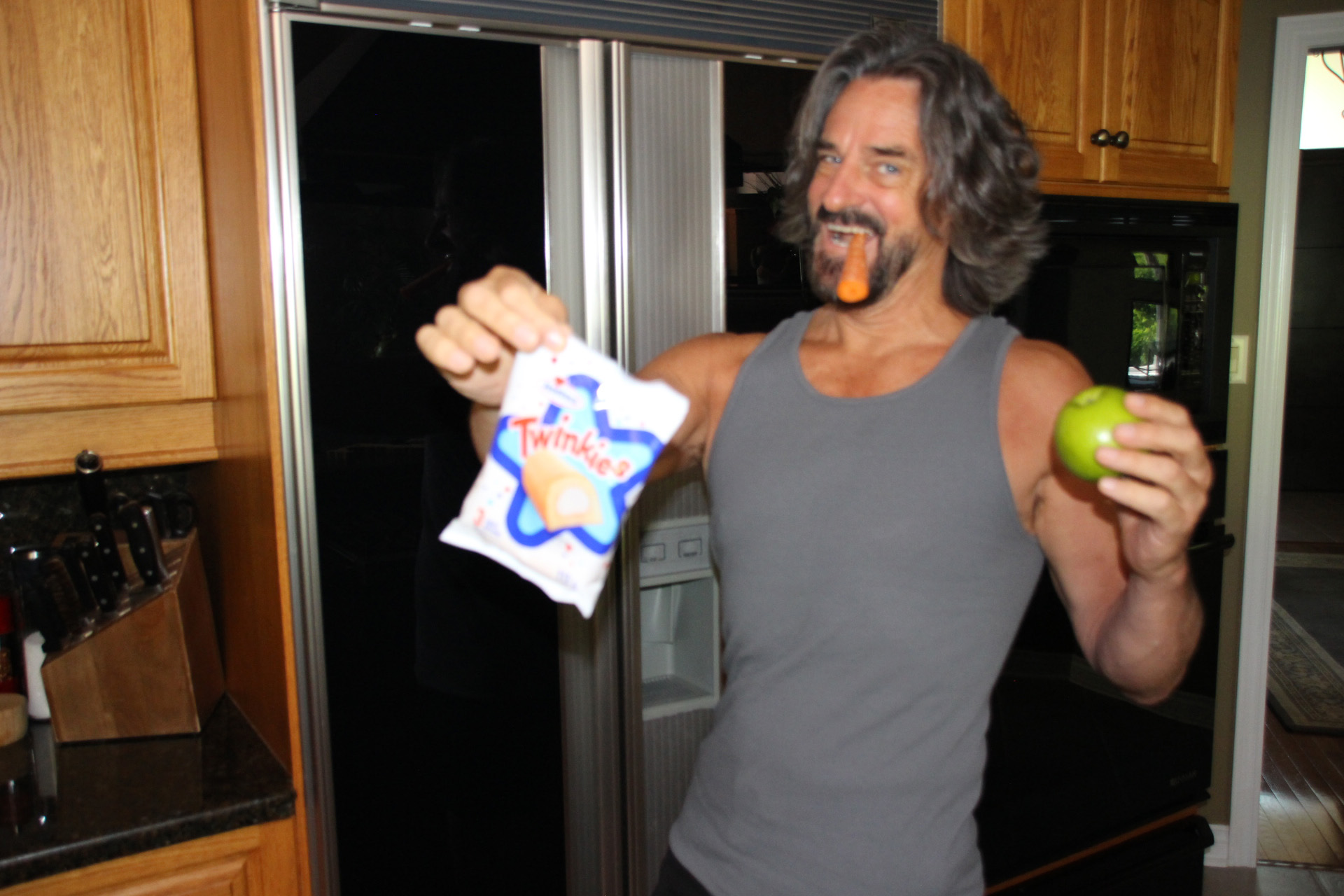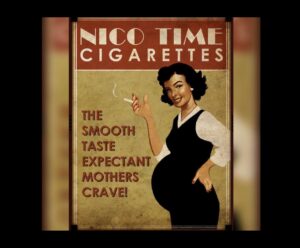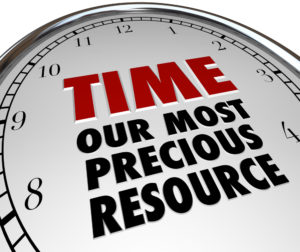Keto Dieting has some “potentially” serious problems: It’s often not sustainable. It can seriously damage the microbiome, AND restricting and excluding fruits and vegetables is – for most people – unhealthy.
I was so pissed off I HAD to write this.
My wife came home last week to see me screaming at the television. I was watching The Keto Diet by some doctor on PBS television.
I’m okay with him selling his “keto-concoctions” on TV, but the blatantly false implications from someone in the medical community made me go ballistic.
Picture this: A young, handsome doctor looking deep into the camera while saying:
- This keto diet can help you lose 15-18 pounds in 30 days or less. (You never want to lose weight that quickly for so many reasons!)
- “With my 30-day plan, you’ll know exactly what to eat for breakfast, for lunch, for dinner, for snacks, for dessert, for which we have loads of in the book. (The last thing we need is a complex plan and a disciplined guide of what to eat from morning till night. People are “time” challenged as it is, so this so-called plan is almost guaranteed to be unsustainable, which is reason enough to avoid it.)
- We have a keto collagen plan to transform the way you look. (Well, that’s quite a statement. How will it do that? What exactly will it do? Transform me from what to what?
- We have a keto cancer plan; new research shows the new keto plan could be the ultimate diet for fighting cancer. I had someone say, Dr. Axe, I was so excited about your book; I want to give it to a friend of mine because I know they needed help fighting cancer … (Are you F#&^U*&^ kidding me? People are easily scared and vulnerable. Seeing a medical professional make such profound implications about such a severe disease to shill some diet book he’s selling is crossing the line!)
Here’s My Take on the Keto Diet
Let me begin by saying this: if you’re presently on a Keto diet, AND you like the results, AND you can see yourself sticking with it indefinitely, then what I’m about to say is probably not for you. For anyone else, stay with me.
Since we humans are the result of eons of evolution, simple logic would suggest that whatever ensured the survival of our species in the past would generally be the exact biological needs for our continued survival.
There’s no denying that the obesity epidemic is an acutely modern problem. We didn’t get this way by eating too many fruits and vegetables, and it’s not because we mix our macros or eat carbs or any other of a thousand ‘money-making’ nonsensical reasons that the manipulative world of weight-loss dreams up. If our ancestors weren’t overweight, then the problem is a recent development because plenty of scientific evidence supports ‘primal foods’ such as meat, fish, eggs, fruit, vegetables, nuts, and seeds as healthy foods; in other words, here are …
3 Things to Consider About the Keto Diet
- Carbs (and the fibre they come with) are essential to a healthy diet (for most people)
- Avoiding a major food group (in most cases) is unhealthy and unsustainable
- Depriving yourself of foods you love is nothing short of self-flagellation
The Misunderstood Carb
A Twinkie®, an orange, and a cauliflower are classified as carbs. Since one of these shouldn’t even be classified as a food (in case you’re wondering, it’s the Twinkie®), let’s agree that the carbs we’re talking about are foods that contain nutritional value.
Eliminating or drastically reducing fruits, vegetables and grains makes no sense.
Eliminating any food group requires replacing not just macronutrients but also micronutrients, fibres, and phytochemicals. Nutritional diversity is key to your general health and a healthy microbiome. If our ancestors were fortunate, they had one meal a day, and if they came across a patch of berries or found some fresh tubers, you could bet they didn’t run away screaming, “No Carbs, No Carbs!”
All Grains Are NOT Created Equal
Many people mistakenly believe that eating grains are unhealthy and result in excessive weight gain. Still, this belief assumes that all grains are created equal. For example, a loaf of Wonder Bread® and a loaf of freshly baked artisan bread from your local bakery are not remotely similar but fall under the same classification.
The loaves of bread that come in colourful plastic bags and remain soft to the touch for months on end are not in your best interest. Industrial roller milling wheat kernels to create white flour removes 60 to 90% of the micronutrients, fibres and phytochemicals; what remains are starchy carbs and gluten protein. It’s a loaf of highly processed nutrient-void, empty calories.
On the other hand, a nutritious loaf of artisan bread is typically baked with wild yeast starters, requiring six to 12 hours of fermentation time to rise. Unlike highly processed foods, whole grains are nutrient-dense healthy food. A whole-grain kernel contains at least 20 vitamins and 17 minerals and is rich in carbs, proteins, fats, and unique fibres that feed the gut microbiota and keep those friendly cultures healthy.
When It Comes to a Healthy Diet, Why Create Unnecessary Stress?
The Holy Trinity of health consists of a well-balanced diet, proper exercise, and sufficient sleep … and oh yes, there’s one more thing, avoid chronic stress. If you’re dieting and restricting yourself from eating “food” you love, you’re generating unnecessary stress; Guaranteed!
Let’s Think About It Practically
Less than 2% of dieters manage to keep the weight off permanently. It’s only natural. As soon as we’re told we can’t have something, it becomes the singular focus of our desire. That’s human nature. The more willpower and discipline we use, the greater the stress. So, when it comes to following a Keto diet, if you’re avoiding or restricting those healthy carbs you love to eat, you’re setting yourself up for “almost certain” long-term failure.
Our genetic evolution has been 300,000 years in the making, and trying to overrule our survival instincts is going against some pretty formidable forces. The hidden drivers determining our hunger, satiety, and reproduction are infinitely more powerful than the small amount of self-discipline we can muster for short periods.
Eating real food and a well-balanced diet are the immutable laws that worked for our ancestors, and they’re the same laws that work for you and me. (Note: there are exceptions where people need a special diet for medical reasons, but they are the exception, not the rule)
Put your effort into designing an “eating” lifestyle based on a wide variety of ‘real’ food rather than restricting whole food groups. You’ll find it healthier, less stressful, and far more sustainable than attempting to follow a diet … any diet. To lose excess fat, we need to feed our bodies, not starve them. A properly nourished body will automatically shed excess fat; after all, it wants you to be lean and mean to hunt and gather … that’s how we survived as a species!
Food-writer Michael Pollan masterfully summed it up in just seven words when he said:
“Eat food, not too much, mostly pants.”
There’s a lifetime of wisdom in that.






